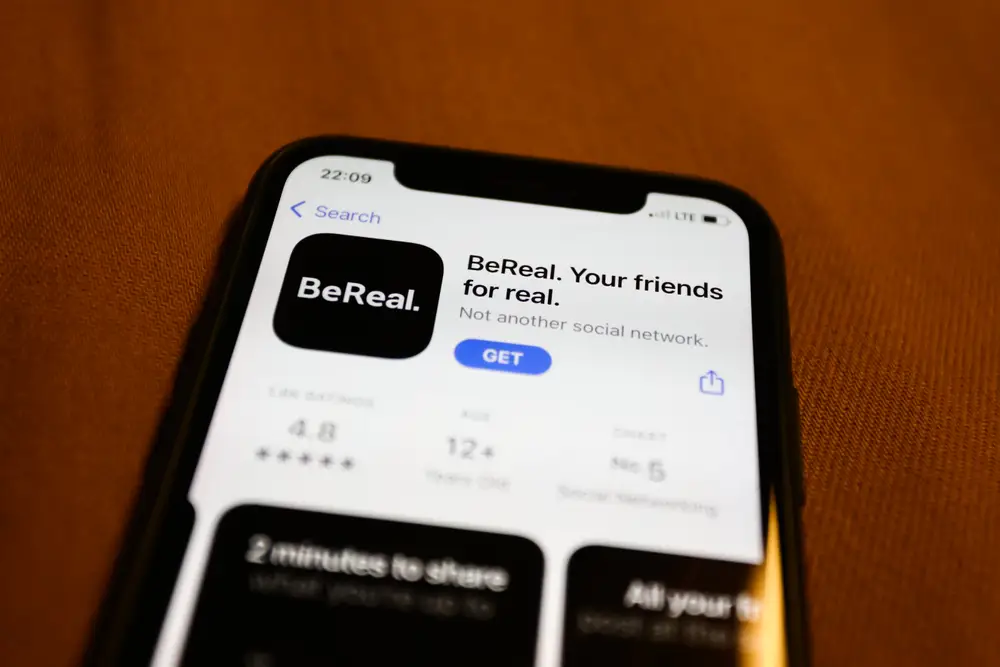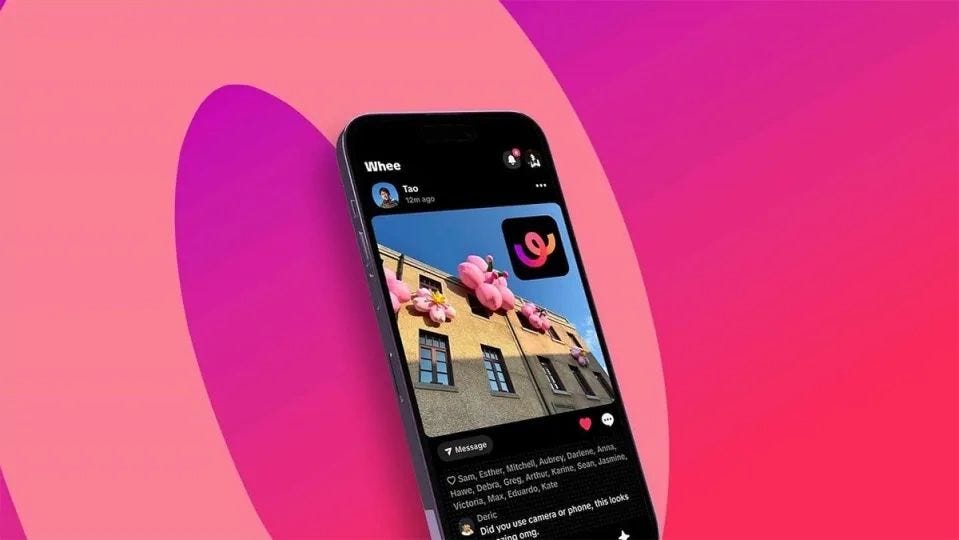CLOSE FRIENDS
WhatsApp: A Communication Revolution
WhatsApp was founded by Jan Koum and Brian Acton in 2009. Both former Yahoo employees, Koum and Acton aimed to create a messaging app that was simple, reliable, and free of advertisements. They launched WhatsApp in January 2010 initially as a status update application. However, it quickly evolved into a full-fledged messaging app due to user demand. The use of phone numbers for user authentication made it easy to integrate with existing contacts, and its simplicity attracted a growing user base.
Key Features
Instant Messaging: WhatsApp allows users to send text messages over the internet, bypassing SMS fees.
Multimedia Sharing: Users can send photos, videos, voice messages, and documents, making it a versatile communication tool.
Voice and Video Calls: WhatsApp offers free voice and video calls, both for one-on-one and group conversations, providing an all-in-one communication solution.
Group Chats: Users can create group chats with up to 256 participants, making it ideal for family, friends, and work groups.
End-to-End Encryption: In 2016, WhatsApp implemented end-to-end encryption for all communications, ensuring that messages, calls, photos, and videos are secure and private.
WhatsApp Web: Users can access their WhatsApp messages from their computers, syncing their mobile app with a web-based interface.
Status Updates: Similar to Snapchat and Instagram Stories, WhatsApp allows users to post status updates that disappear after 24 hours.
WhatsApp Business: Launched in 2018, this version of the app provides tools for businesses to communicate with their customers, including automated messages, quick replies, and business profiles.
Why People Love WhatsApp
Simplicity: WhatsApp’s straightforward interface makes it easy for users of all ages to navigate and use.
Cost-Effective: By using internet data for messaging and calls, WhatsApp helps users avoid SMS and international call charges.
Privacy and Security: End-to-end encryption and a strong focus on privacy have built trust among users.
Cross-Platform Availability: WhatsApp is available on multiple platforms, including iOS, Android, and desktop, ensuring accessibility.
Ad-Free Experience: Unlike many other apps, WhatsApp remains free of advertisements, offering an uninterrupted user experience.
Acquisition by Facebook
In February 2014, Facebook acquired WhatsApp for $19 billion, marking one of the largest tech acquisitions in history. This acquisition allowed WhatsApp to continue expanding its features and user base while maintaining its commitment to ad-free messaging. Under Facebook’s ownership, WhatsApp introduced features like WhatsApp Web, voice and video calls, and end-to-end encryption.
Current Status
Today, WhatsApp has over 2 billion active users worldwide. It continues to innovate with new features and improvements, maintaining its position as one of the most popular messaging apps globally. Its dedication to providing a simple, reliable, and secure communication platform has made it a favorite among users around the world. WhatsApp’s commitment to privacy and its focus on user experience ensure its continued relevance and popularity in the competitive messaging app market.




